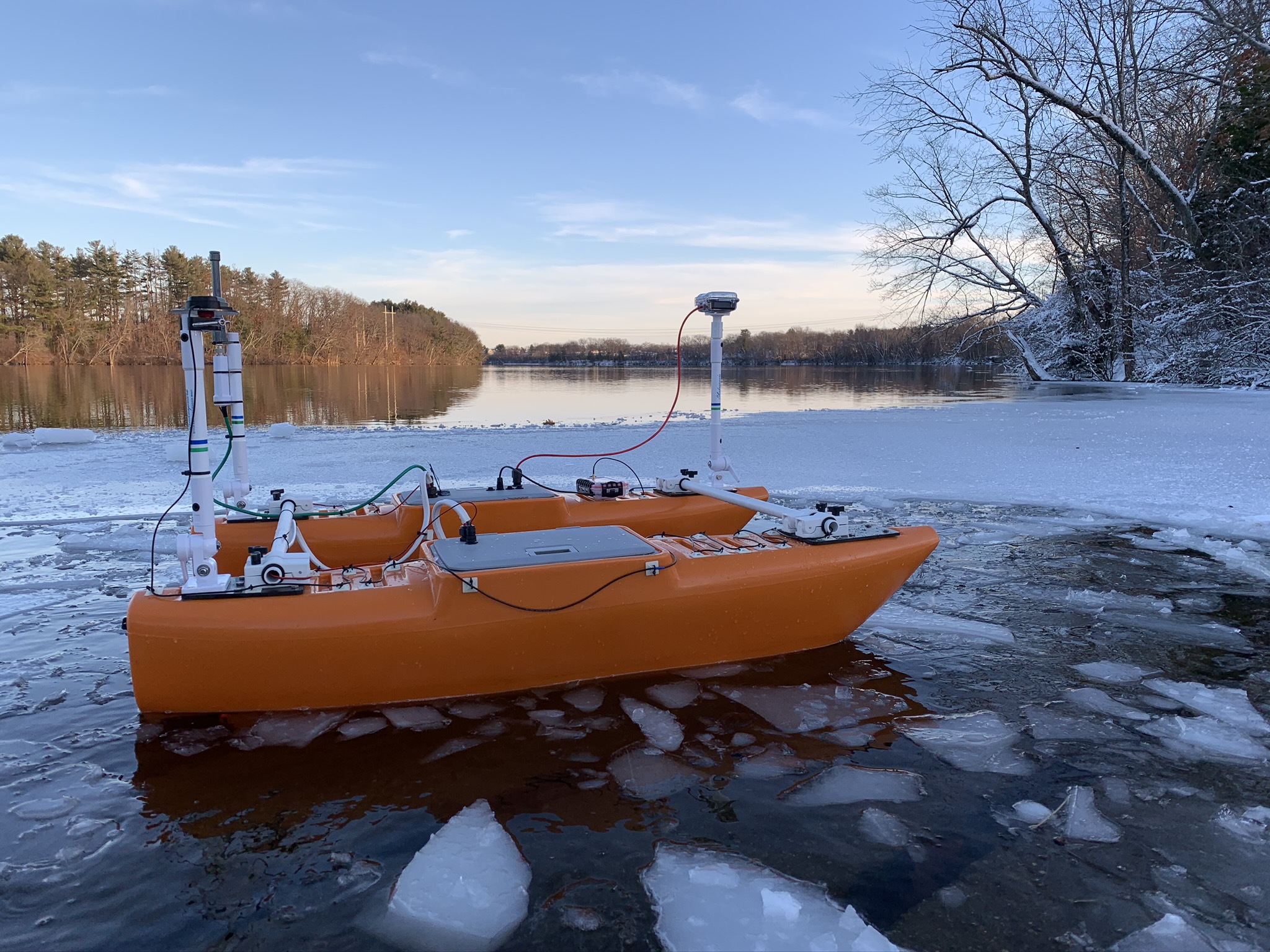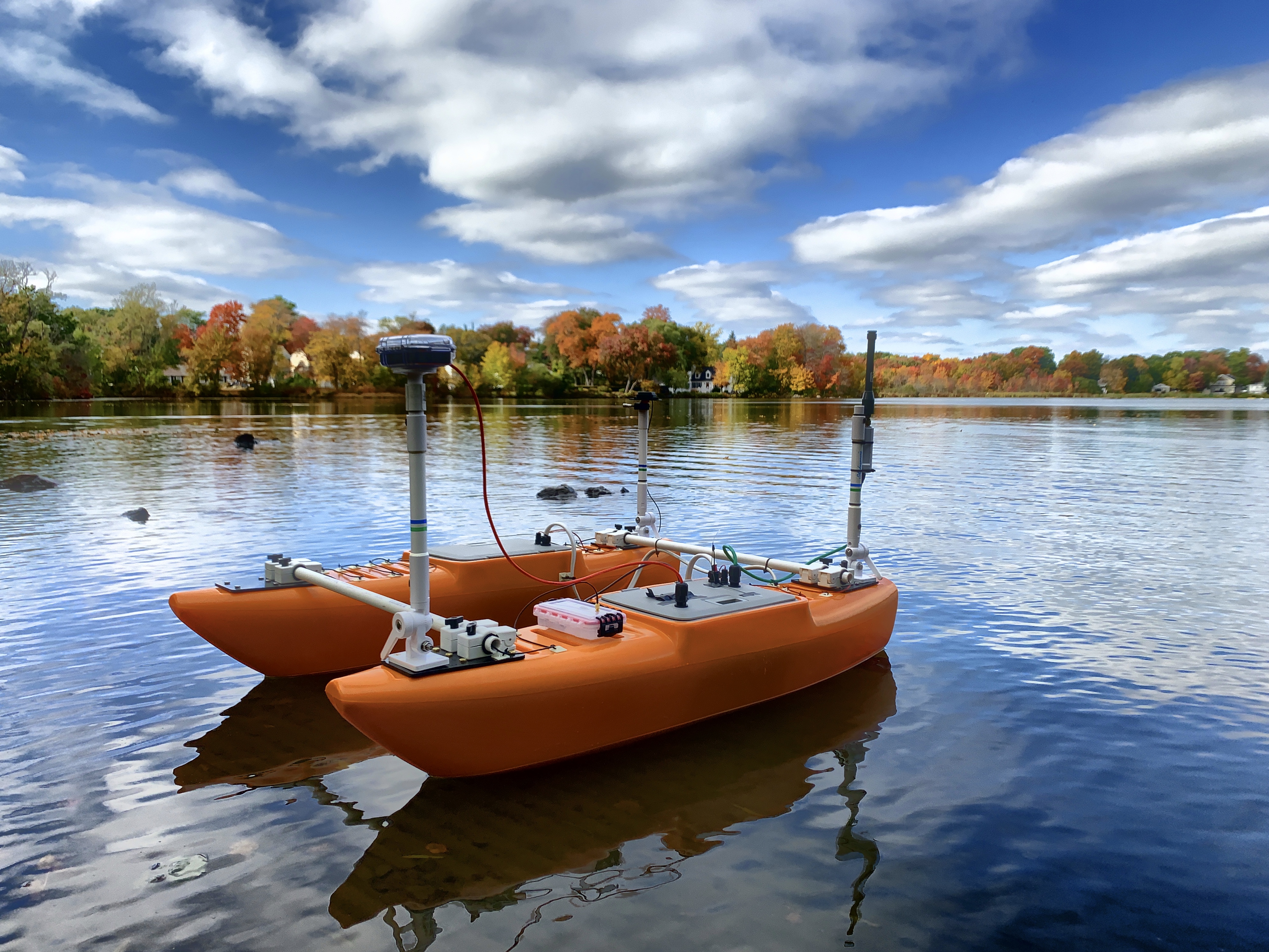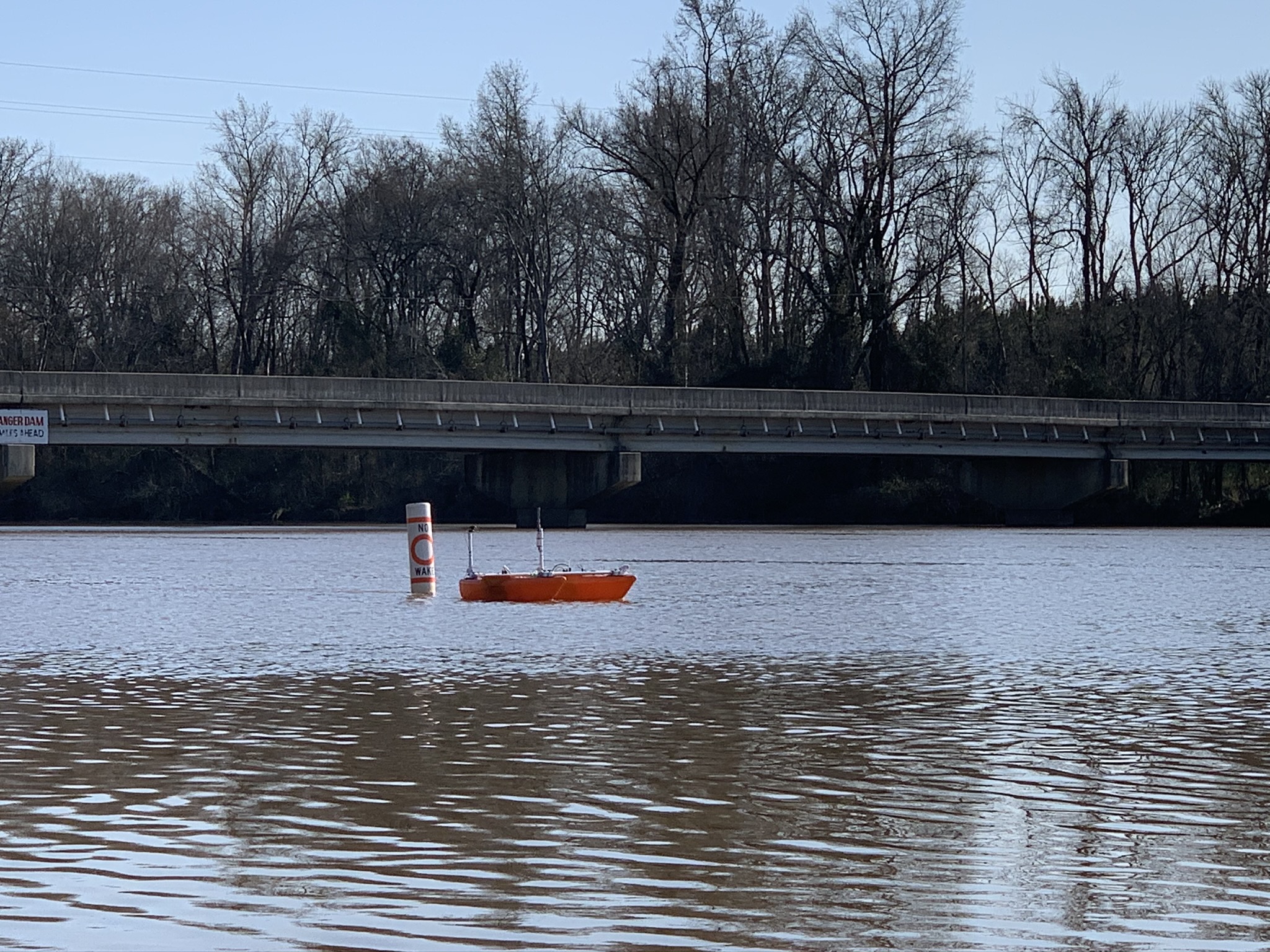Constraint-Based Coverage Path Planning
This project is my thesis research for my PhD in Robotics from the Robotics Institute at Carnegie Mellon University. Coverage Path Planning (CPP) addresses the problem of determining a path for a robot that passes over all points in its free space, an important consideration across a host of applications including robotic cleaning, demining, lawn mowing, crop harvesting, painting, and environmental data collection. Approaches to CPP generally involve partitioning the free space into a set of cells and then planning a route that visits them all, with the additional step of determining a coverage path within each cell when the size of the cell is larger than the robot's sensing or actuation area. Despite considerable research into this problem and a variety of developed algorithms, the process of generating coverage paths within each cell is still often informal and ad hoc. This work addresses this weakness by introducing the concept of path constraints and proposing a formalized methodology for using them to construct coverage paths, dubbed Constraint-Based Coverage Path Planning (CB-CPP).
The images above and the video below show the custom autonomous catamaran I built as the test platform for my CB-CPP algorithms.


